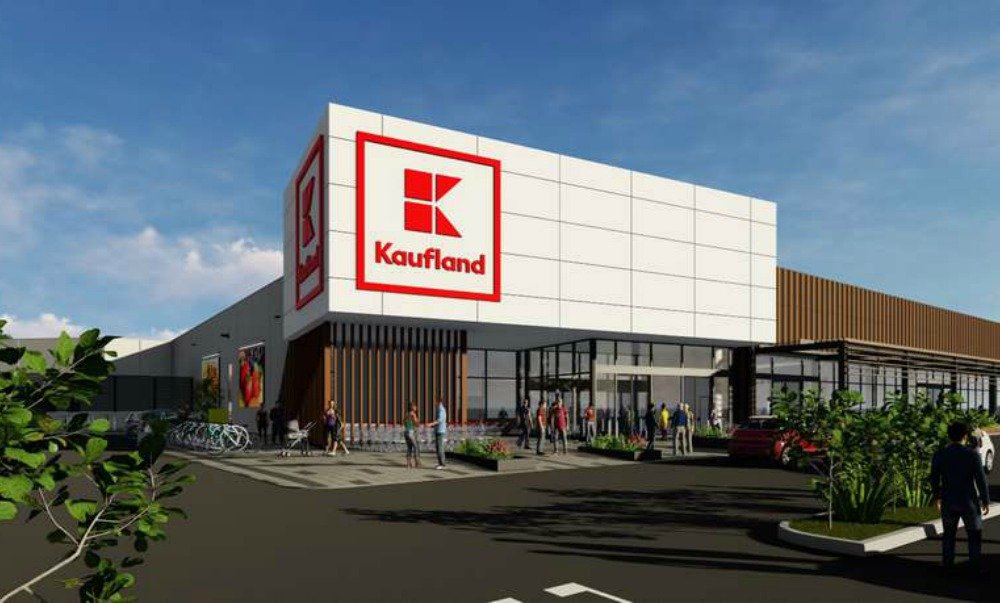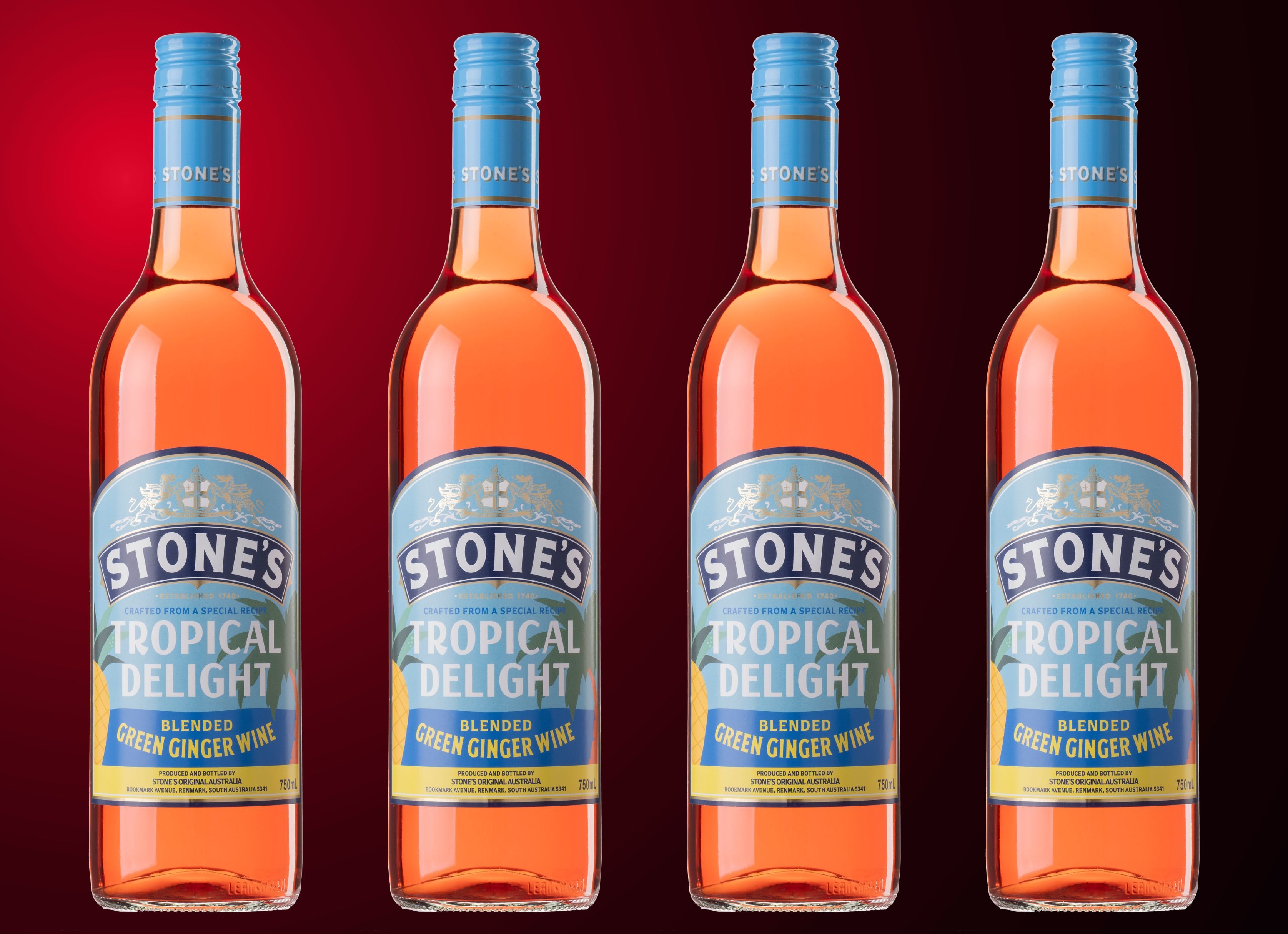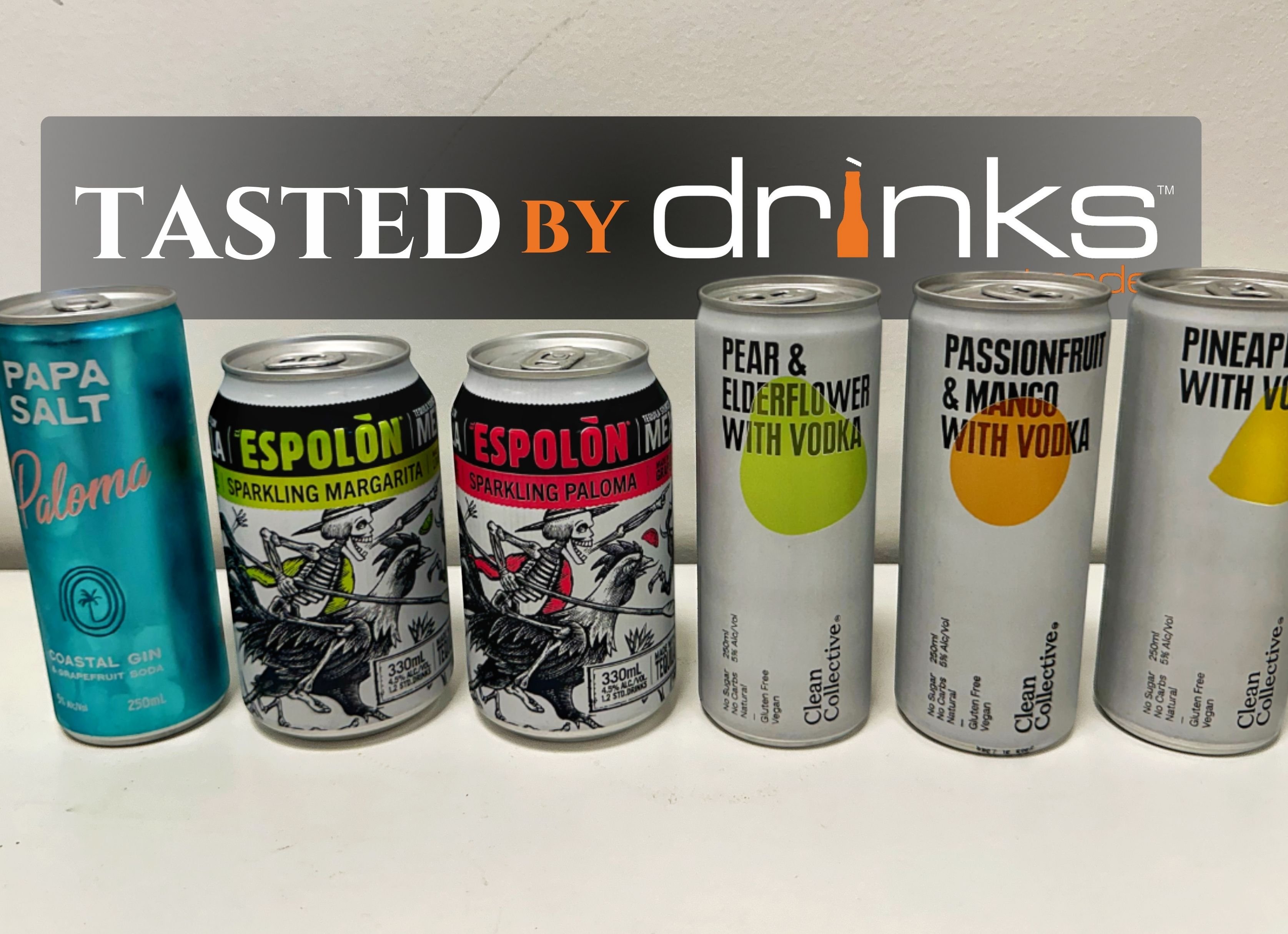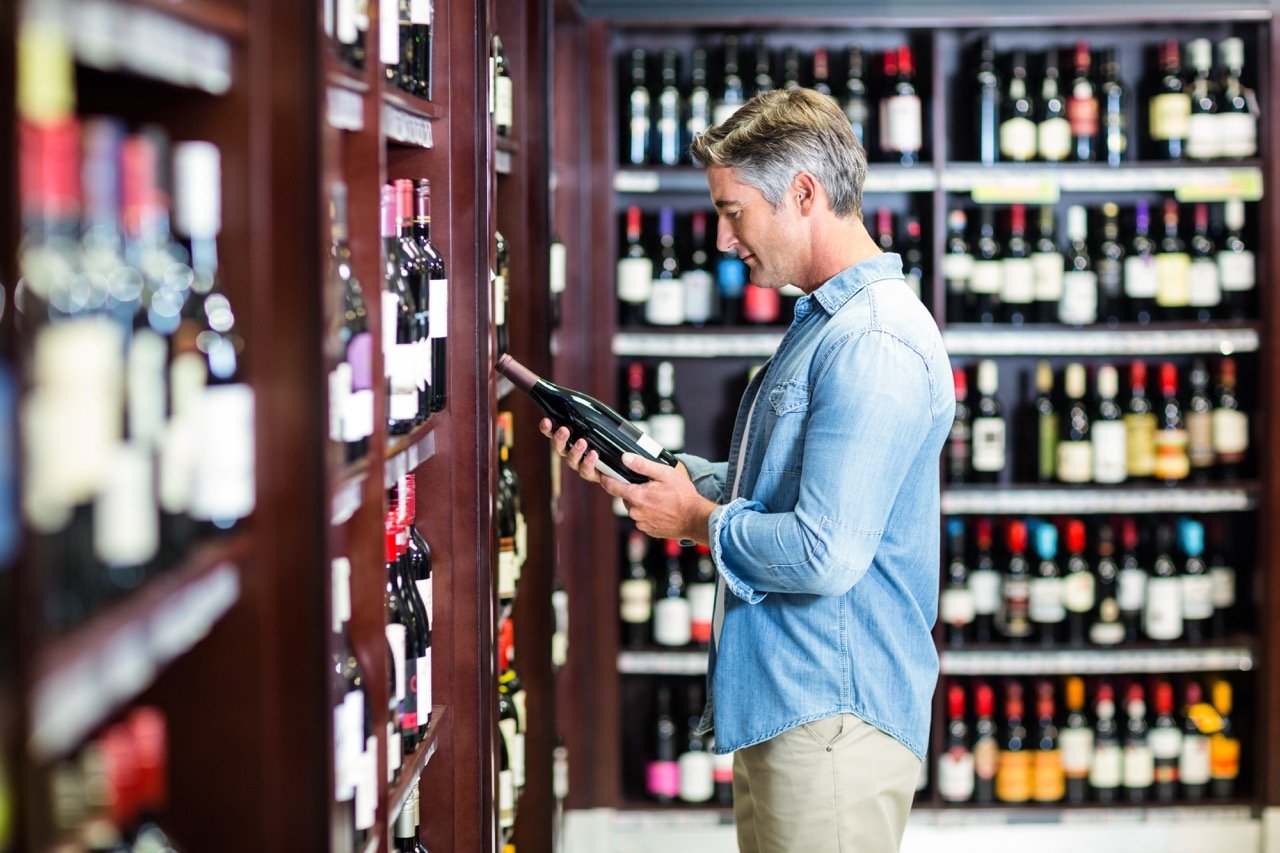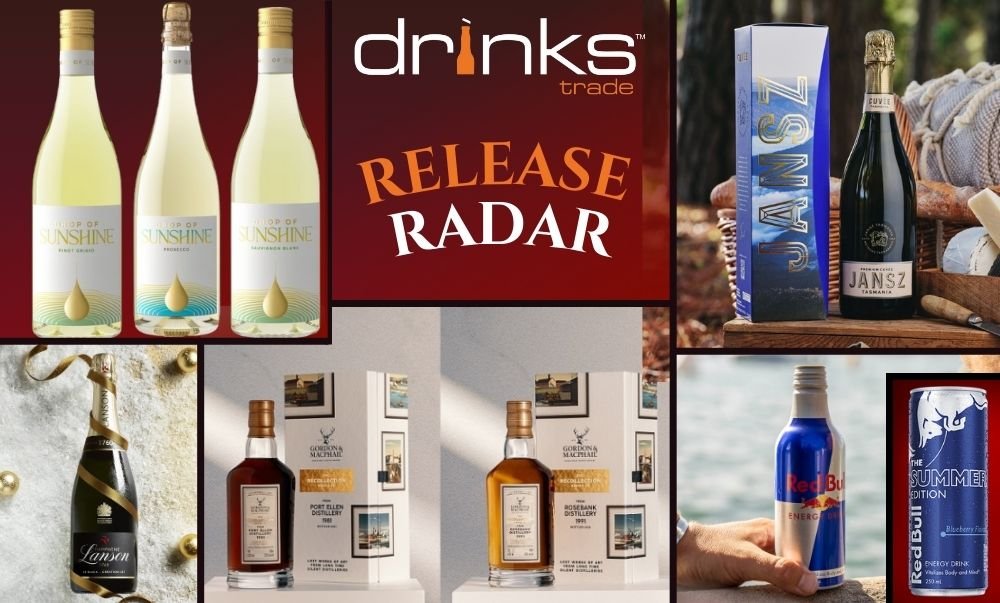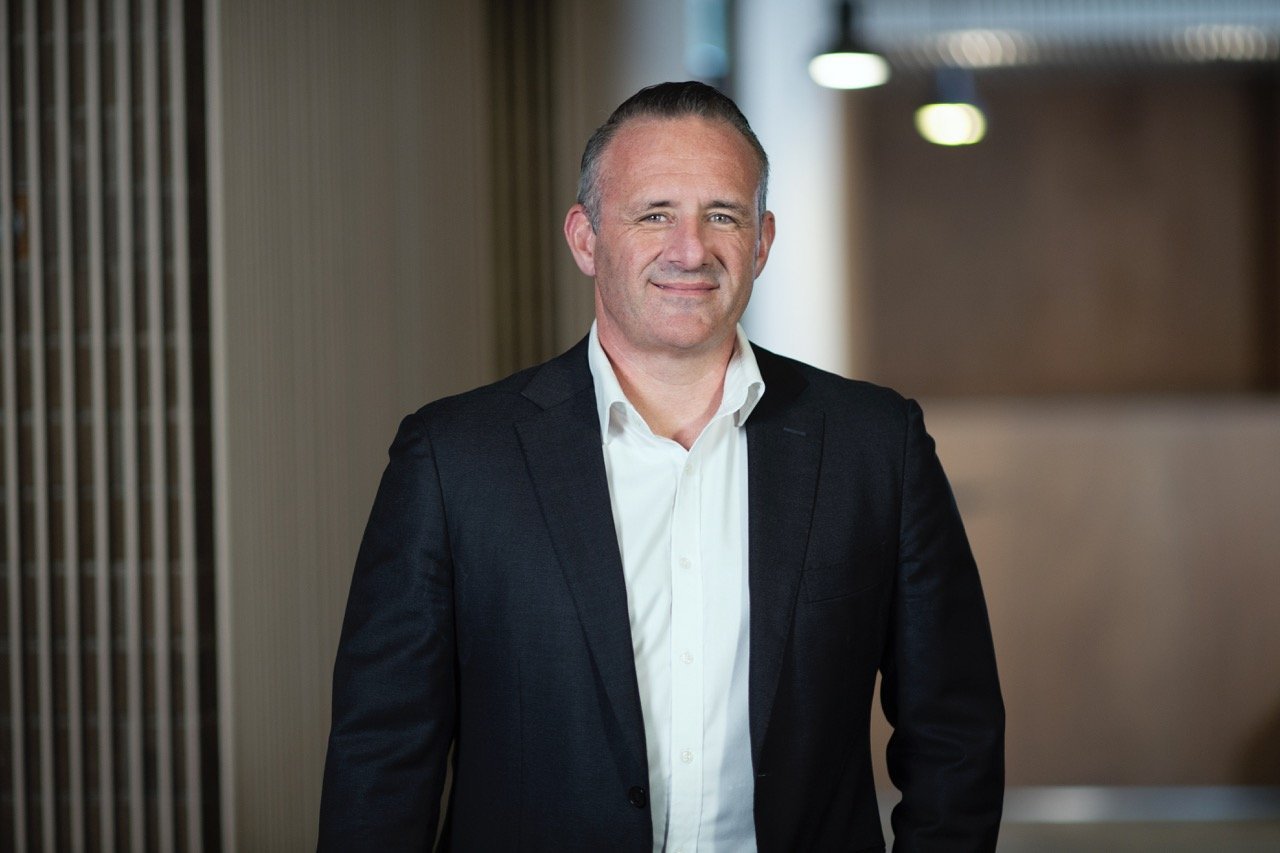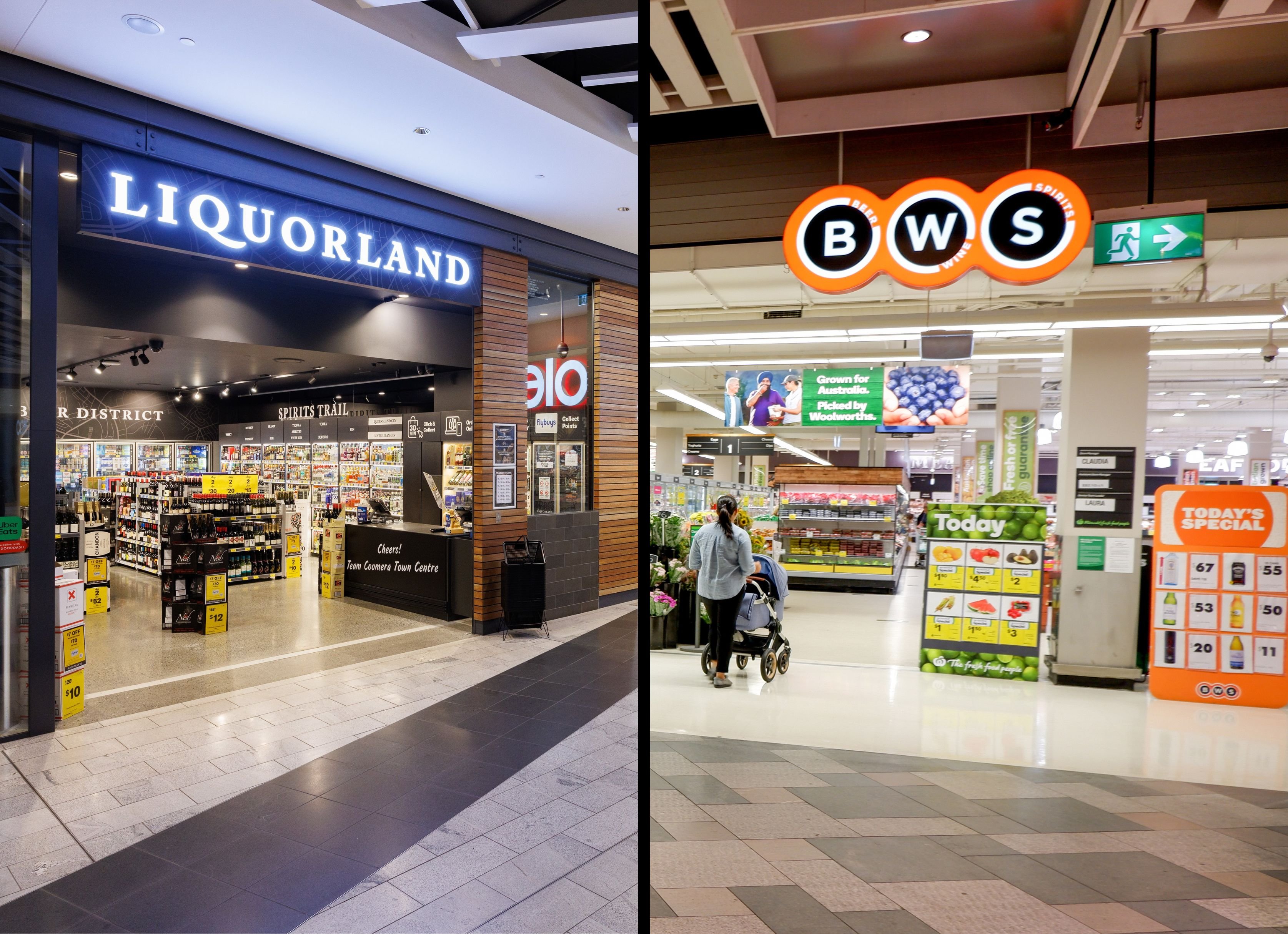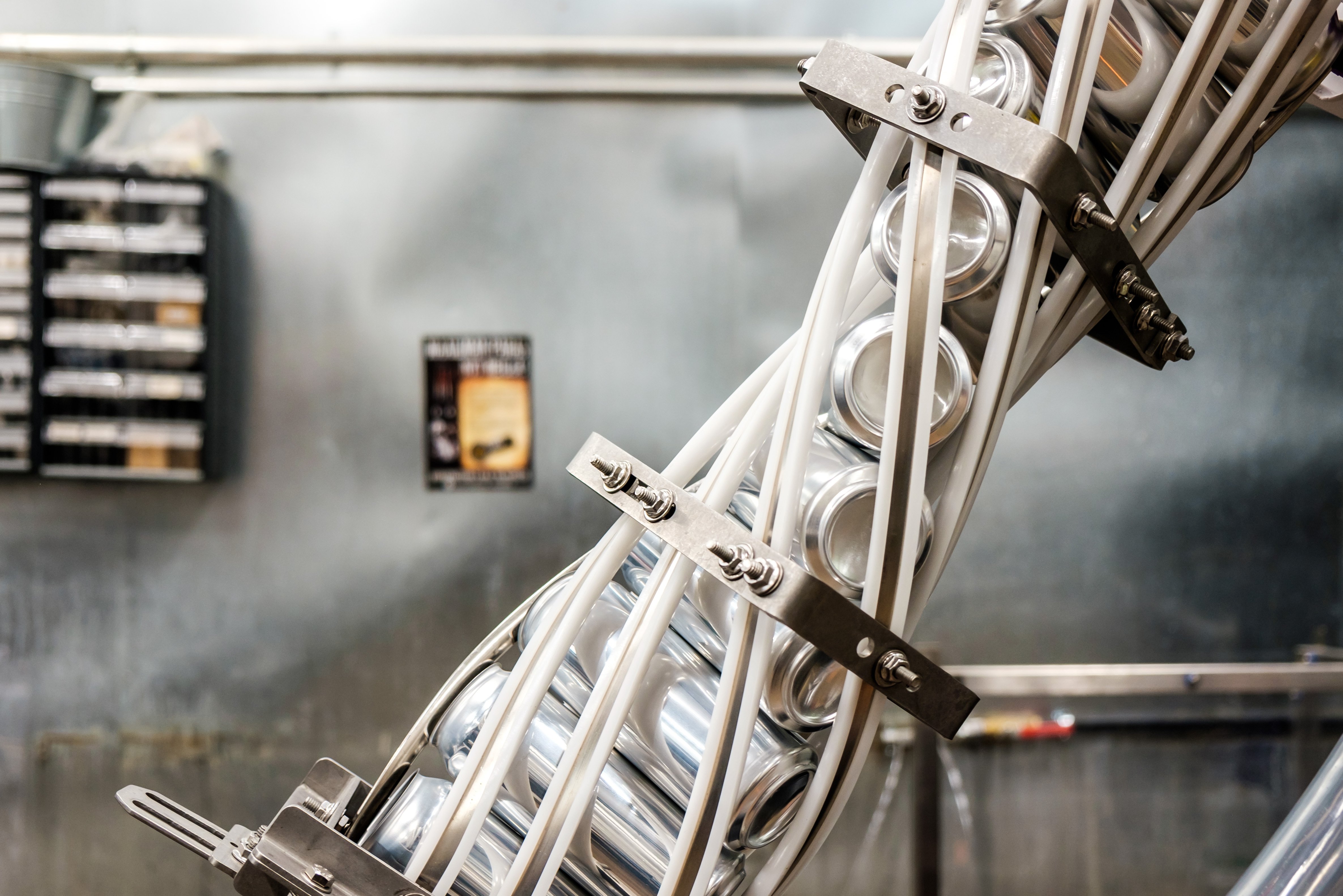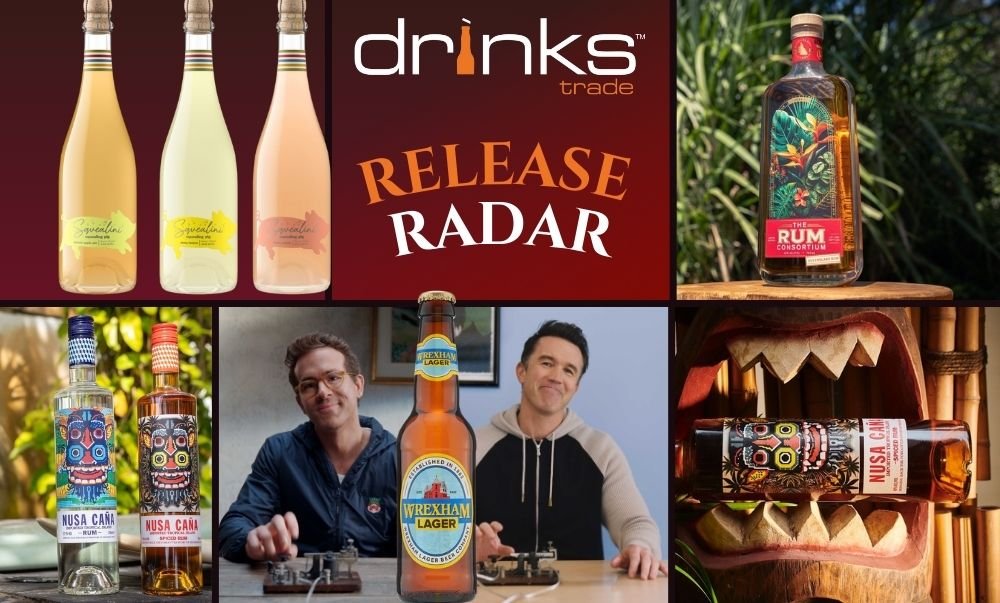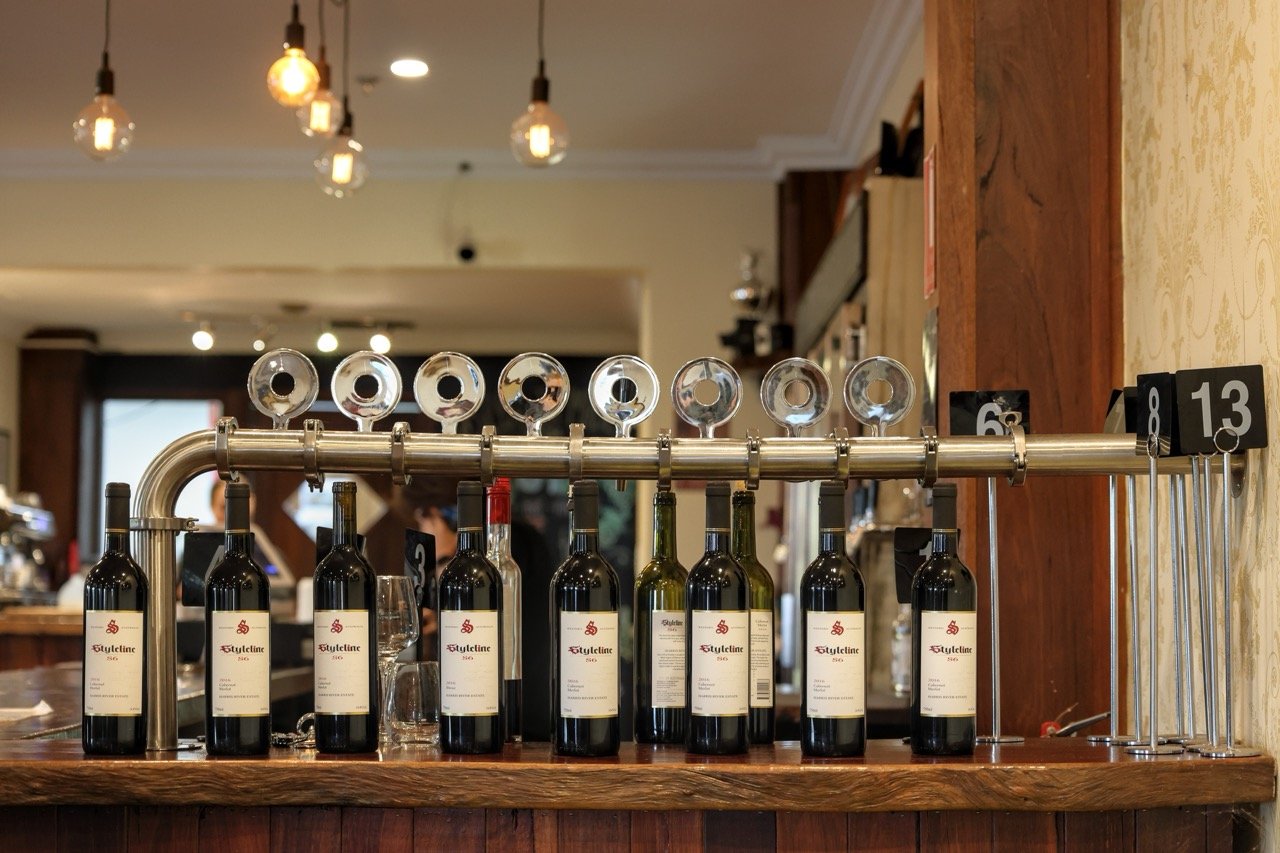Kaufland Australia has revealed it is preparing to open more than 20 stores in Victoria, South Australia and Queensland within 18 months.
Victoria is the epicentre for development, with 14 stores planned. The German hyermarket has received approval to open stores in Oakleigh South and Coolaroo, in addition to three stores already approved for Dandenong, Chirnside Park and Epping.
It has also lodged applications to open another nine supermarkets in Highton, Braybrook, Coburg North, South Morang, Narre Warren, Lyndhurst and Pakenham, as well as Warrnambool in the state's west and the Bendigo suburb of Kennington.
"Victoria is an easy place to do business," said Kaufland Australia boss Julia Kern (pictured above).
“With five approved stores, as well as the additional nine sites under review, we are committed to our long-term, sustainable growth across Victoria. We look forward to creating thousands of jobs and creating opportunities for local businesses.”
She wouldn't be drawn on many stores Kaufland planned to open in Australia: "At the moment we're at the early stages of our expansion so it's hard to comment on the number of stores that we'll have in total,'' she said.
Kaufland is also making its move on Queensland, where it has purchased three sites for new stores and applied to build its first Aussie pub.
A Kaufland spokeswoman told the Courier Mail: “We are committed to long term, sustainable investment in Queensland, and we are delighted to be looking at all sites and opportunities that are available.”
Construction begins on first test store
Last month Kaufland lodged plans for third store in South Australia and this week commenced construction on its Prospect store.
"South Australia is home to amazing produce, and we are looking forward to showcasing some of the world-class produce as a part of our range," Kern said.
"So far, we have had great conversations with local suppliers, and we look forward to continuing to partner with local businesses wherever possible."
The Prospect and Dandenong stores will be used as test stores before Kaufland expands across Australia. The company will use learnings from them to tweak its model for Australian conditions.
“Australia is one of the fastest growing regions in the world, and we are excited to grow with it,” Kern said.
”Our aim is to deliver our values of quality, simplicity, variety and price throughout Victoria and Australia.”
In June, Kaufland Australia turned the first sod on its distribution centre in Mickleham, Victoria. When completed it will be Australia’s largest distribution centre.
While there have been concerns about the effect Kaufland will have on existing supermarket chains, Kern said: "We're here to grow with the market not at the expense of it.''
Ambitious future for Kaufland Australia
Morgan Stanley estimates, based on Europe penetration, Australia could support as many as 295 Kaufland stores longer term and that its annual sales in Australia could hit more than $3billon from 56 stores within six years of its first store opening.
The scale of Kaufland’s ambitions has surprised some analysts, given discussion of a retail recession hitting Australia.
“It’s moving along at a rapid pace, it’s certainly moving much faster than many of us expected,” Queensland University of Technology marketing professor Dr Gary Mortimer told news.com.au.
“If we went back even as recent as six months, the initial indication was that they would launch somewhere between eight and 12 stores in 2020.
“Now it looks like they’ve decided to push that out to 2021 and capture more sites.”
Senior strategist with Retail Oasis Jessica Sinclair told The New Daily that ALDI should be the most nervous in the short term.
“I definitely see that initially ALDI customers are the most ripe for poaching because they are more price-conscious, and they have shown themselves to be more willing to try something new and experience something different,” Ms Sinclair said.
“And I think this German offering of no-frills value would definitely appeal to that Aldi shopper, that value-oriented part of the market.”
IBISWorld senior industry analyst Tom Youl agreed: “ALDI and Costco have targeted the cost-conscious consumer. Coles and Woolworths are traditional stores with existing brand value and more rusted-on shoppers. They’re positioned in a market that is slower to change.”
First Kaufland pub planned for Queensland
Kaufland recently submitted an application to Toowoomba Regional Council to build the first Kaufland hotel and hypermarket in Queensland.
The development application notes it will comprise a “shopping centre including supermarket, speciality shops, food and drink outlet and a hotel”. The pub will be situated on the hypermarket site in a stand-alone location with provision for 80 car spaces.
The application noted it would also have a limited range of associated speciality retail tenancies, a food and drink outlet and “a hotel use associated with an integrated grocery, food, hospitality and liquor offering”.
The development will operate between 6am and 10pm, seven days per week.
The inclusion of a pub is a result of Queensland liquor laws stipulating that to obtain a liquor licence for a bottle shop, the owner must already hold a commercial hotel licence for a pub within 10km.
Kaufland liquor sales predicted
According to a report prepared by Anthony Dimasi, Managing Director, Dimasi & Co, for Kaufland Australia, the impact of its proposed Victorian store at Mornington on existing supermarket facilities within the trade area is estimated to be 5%-6%.
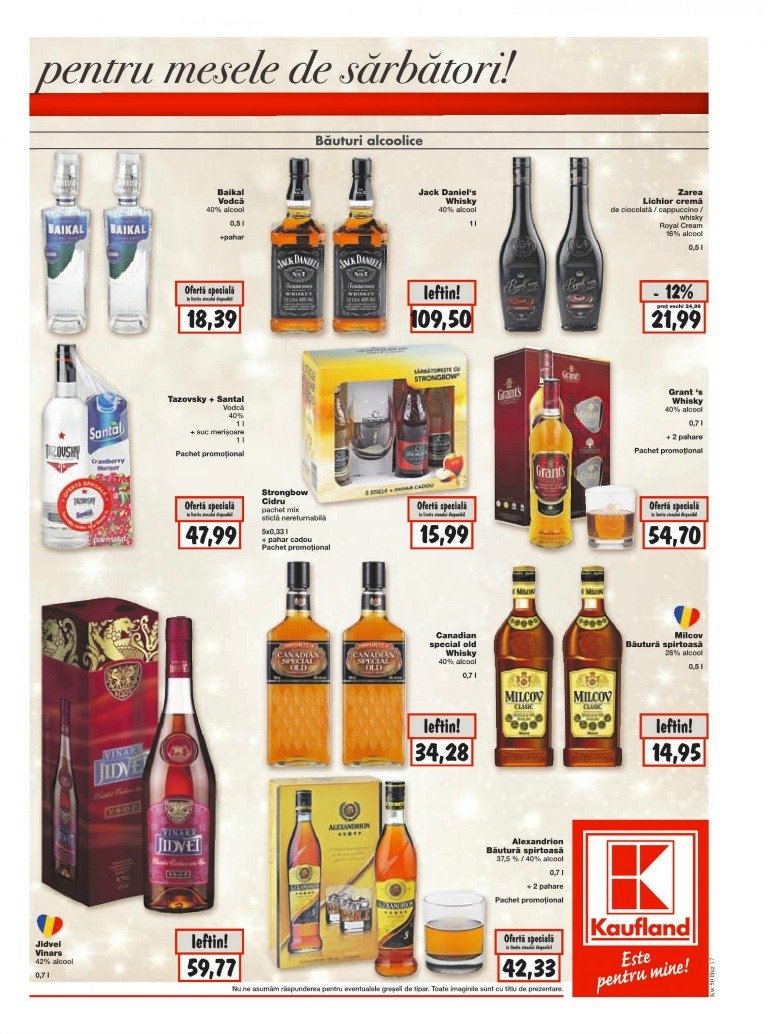
“The Kaufland store is estimated to achieve a market share of total retail expenditure across the main trade area which it is expected to serve ranging from 3% – 3.3%,” it said. “In food and groceries, the store is expected to achieve a market share of 5.5% – 6.1%, while in packaged liquor its estimated market share would fall within the range 5.7% – 6.3%. In all other retail categories the store’s market share will be minimal.”
“These impacts are highly likely to be experienced primarily by the two largest supermarket and grocery store chains in Australia – Woolworths and Coles. Both of these groups are very large, highly successful and very well placed to counter any competitive intensity that will result from the entry of Kaufland into the Australian market.”
According to the report, the anticipated sales performance for each new Kaufland store in Australia is expected to fall within the range $40 – $50 million. Approximately 70% of store sales are expected to be in food and grocery items, with the remaining 30% comprising sales of non-food items, being around 20% of store sales in general merchandise items and around 10% in packaged liquor.
Share the content
